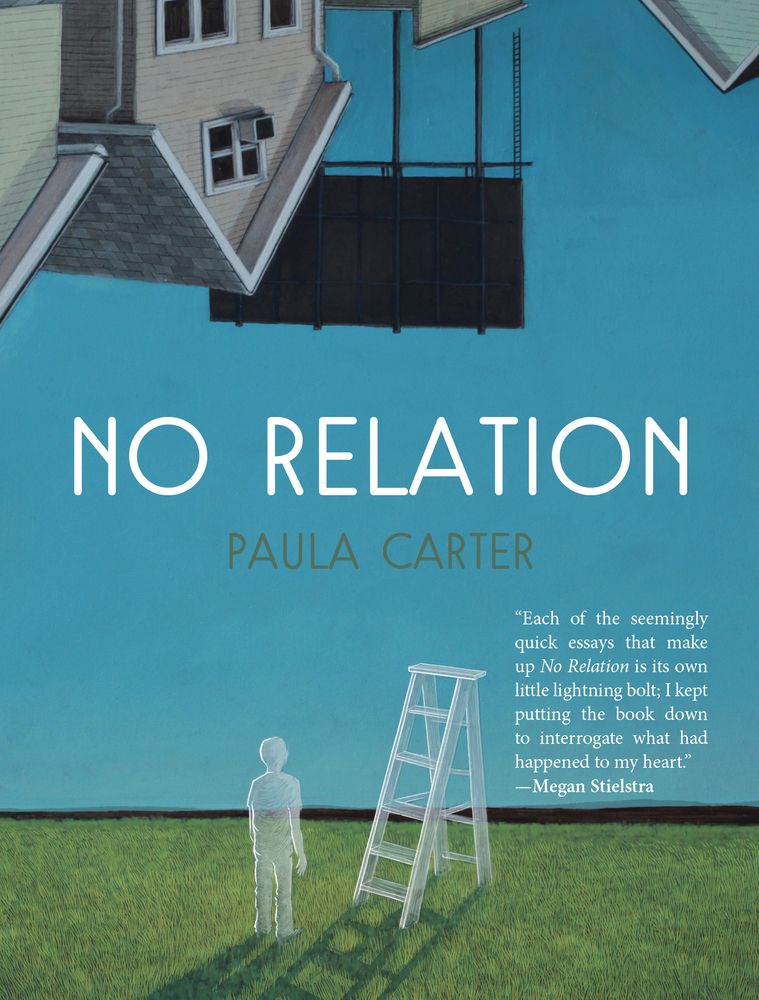In that kitchen I learned about alchemy – the practice, if not the word.
If I close my eyes, I can see the light filtered through the handmade green gingham curtains that move with the breeze. I can hear the news being read over the small radio to the left of the sink, next to the snuff box.
It was on those worn linoleum tiles, peeping over the edge of the counter, on my knees on the green vinyl chair, that I watched it happen – the battered aluminum bowl, the scoops of flour, the sweet milk, the knob of Crisco the size of an unshelled walnut.
Done without measurement, the muscle memory made deep by years of daily practice making biscuits, feeding your family for pennies.
In the old days, it was believed that if you knew the right words, you could turn base metal into gold, but in that kitchen, I learned the deeper truth, the even older magic: That with time and intention, you could turn flour into food, scraps into sufficiency, and ingredients into love.
